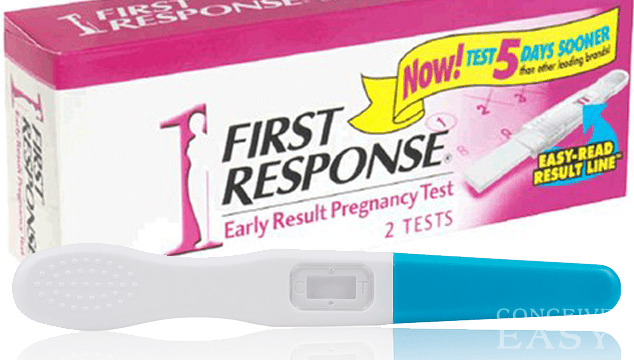Chances are, if you are a woman of childbearing age, you know that there are two main types of pregnancy tests. The two types of pregnancy tests are urine tests and blood tests. Urine tests can be performed at home through an over the counter test. They are also sometimes done at a doctor’s office. Blood tests, on the other hand, are always performed at doctor’s offices. Read on to learn more about the two different types of pregnancy tests. Claim Your 20 Free Pregnancy Tests – Click Here

Urine tests are the most common type of pregnancy test. Urine tests are available as both over the counter tests that you do at home, and tests that you take in a doctor’s office or clinical setting. Urine tests have different ways that they have to be done.
Some urine tests have you pee into a cup and then dip the test stick into the cup. Other urine tests have you hold the test stick directly into the stream of urine. There are some other urine tests that have you pee in a cup, and then use an eyedropper-like device to drop the urine onto the stick. These are all normal ways to take a urine pregnancy test.

then have to wait for the results to show up on the tests. The time that you have to wait varies between three and ten minutes, depending on the test you are taking. When the time has passed, you will look for a change on the test strip. Sometimes this result is two lines, one line, a plus, a minus, a blue line, a pink line, etc… The newer digital tests will actually display a reading of “pregnant” or “not pregnant” when your time is up.
You shouldn’t take a urine test until at least the first day of your missed period and most doctors suggest you wait up to a week after you miss your period before testing. Urine tests, when done correctly, range from about 97 to 99 percent accurate, which is great for an at home pregnancy test. They can be purchased at just about any drugstore or big box retailer, which makes them a convenient choice!

Blood Pregnancy tests are only available at a doctor’s office or clinic. Blood pregnancy tests are taken after a urine test, if the woman needs further confirmation. Blood pregnancy tests are also given if a urine test comes up negative but a woman still believes that she is pregnant.
Compared to urine tests, blood pregnancy tests are more accurate since they have little to no room for error. Blood pregnancy tests can be done any time after the first day of a missed period, since the blood test can easily recognize the hCG in the bloodstream.

Blood pregnancy tests come in two versions. The quantitative blood test will reveal the exact amount of hCG in a woman’s blood. The qualitative blood test will only give a simple “yes” or “no” answer to whether or not a woman is pregnant.
Blood tests can sense hCG sooner than urine tests, so they can actually detect if a woman is pregnant from about 7-12 days from conception, although it is recommended that they aren’t used until a woman has missed a period. One thing to remember about blood tests is that while they are more accurate and precise in their readings, they are also more expensive since they must be done in a doctor’s office or clinical setting.










Comments